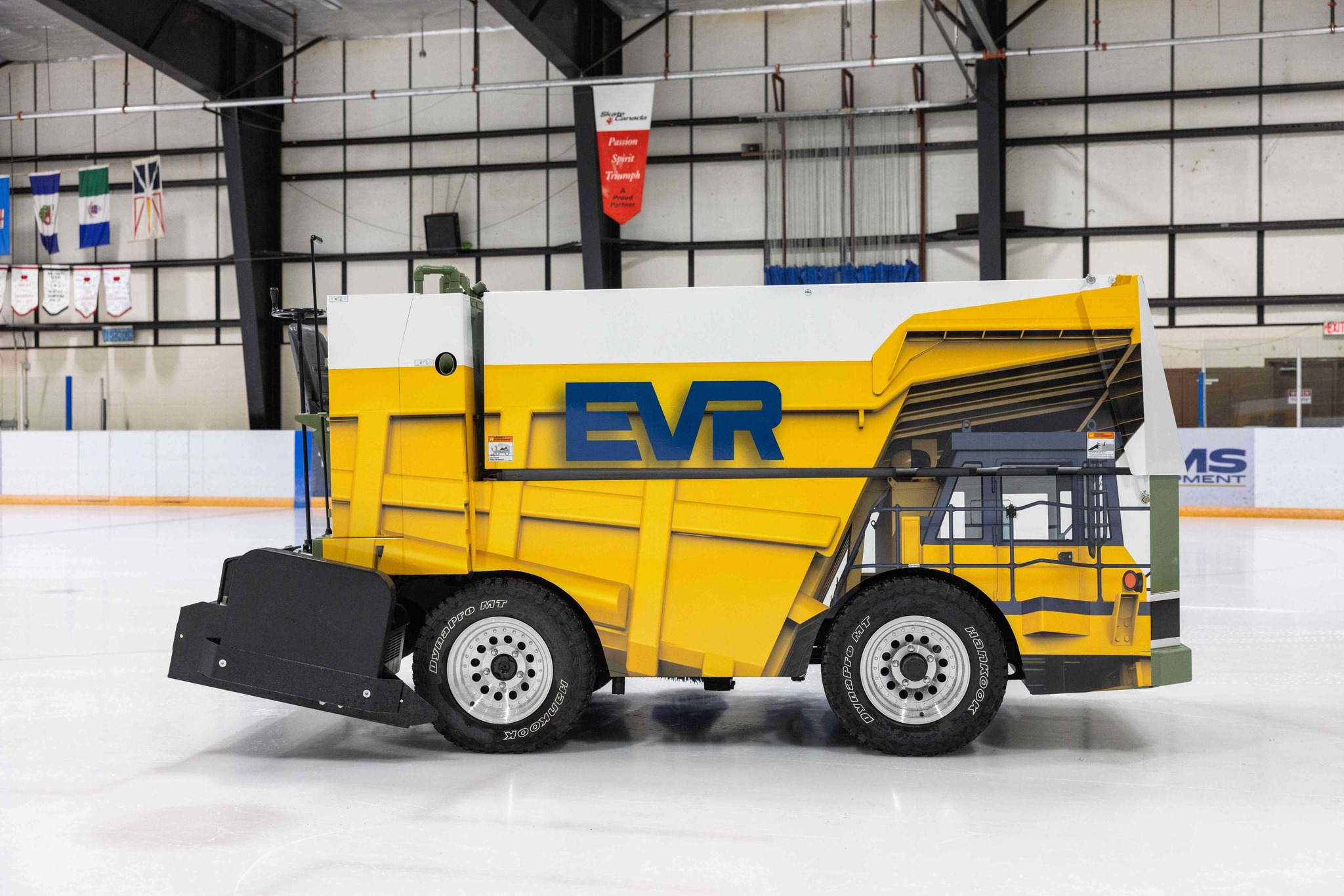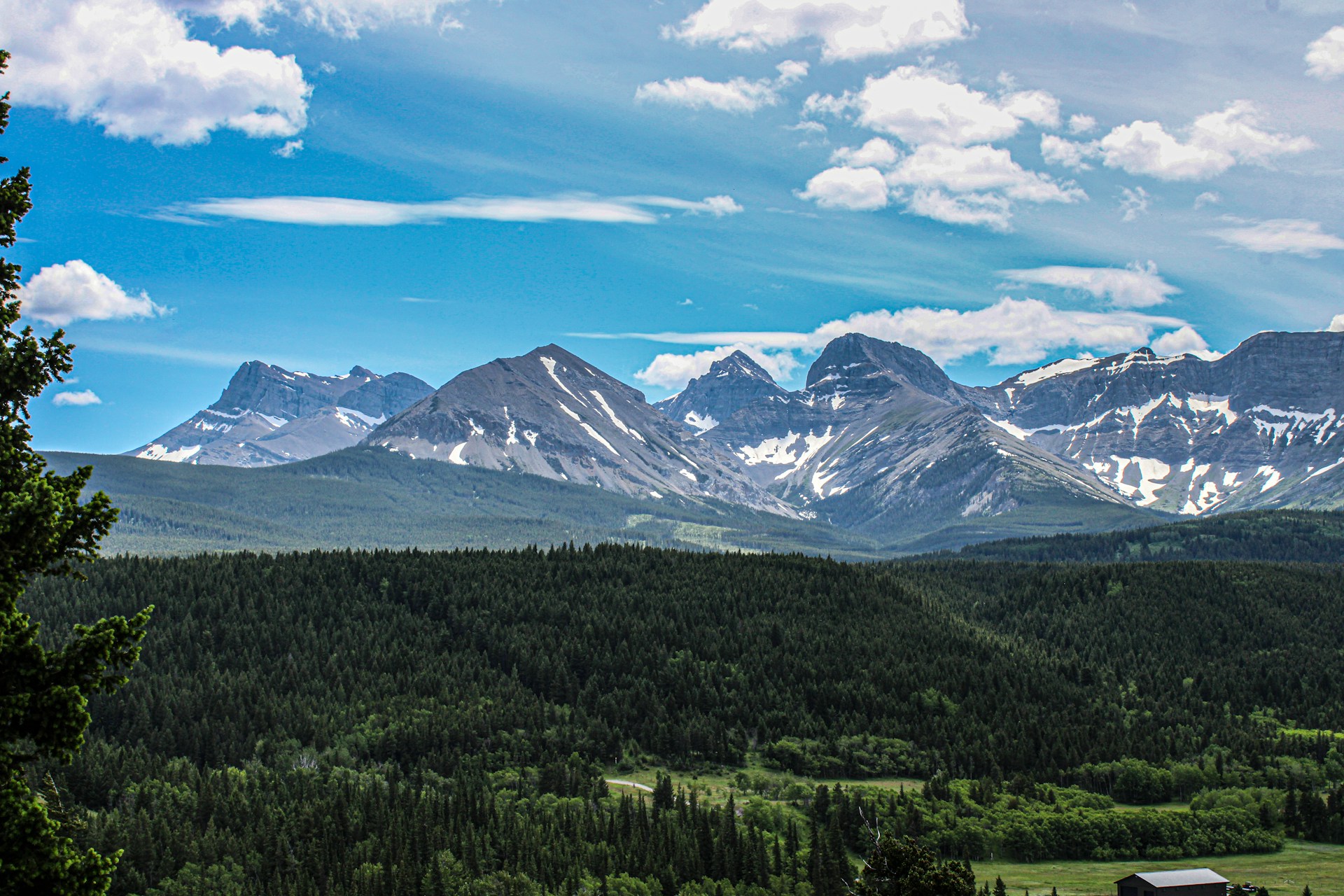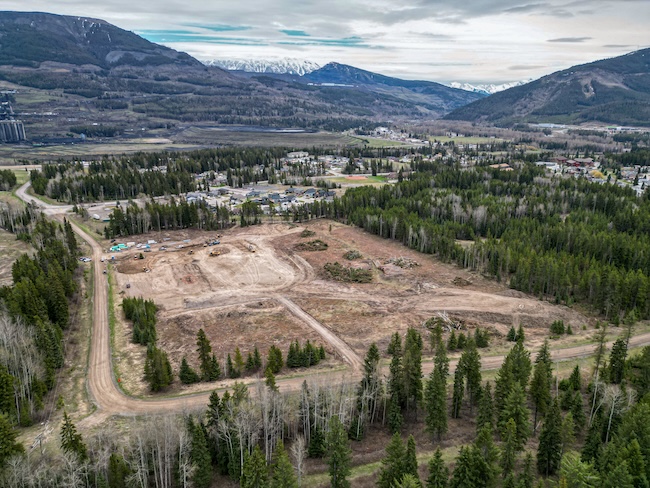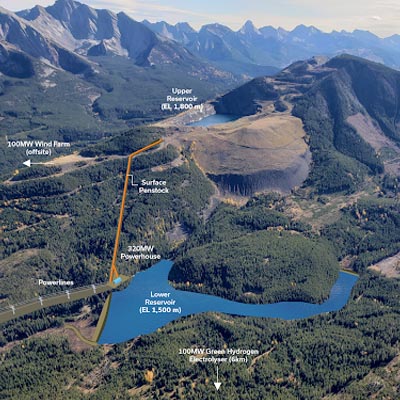Mineral tax revenues benefit First Nations and Bulkley-Nechako
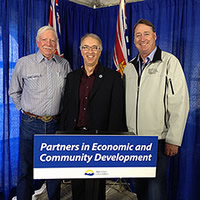
— Photo courtesy BC Mines and Energy Press Release. Economic and community development agreements (ECDAs) will enable Cheslatta Carrier First Nation
— Photo courtesy BC Mines and Energy Press Release.
Economic and community development agreements (ECDAs) will enable Cheslatta Carrier First Nation, Nee-Tahi-Buhn Band, Skin Tyee Nation and Wet’suwet’en First Nation to receive a share of mineral tax revenues collected by the Province from the expansion of the Huckleberry Mine, located 123 kilometres southwest of Houston.
The agreements represent the 11th, 12th, 13th, and 14th ECDAs that the Province has reached to ensure First Nations benefit from mining activities within their traditional territory. The ECDAs fulfil the BC Jobs Plan commitment to support existing jobs plus create new jobs through the expansion of existing mines and the establishment of new mines.
Since June 2013, under the BC Jobs Plan, the four ECDAs bring the total of non-treaty agreements reached with First Nations to 31.
Additionally, the ECDAs bring a total of 13 non-treaty agreements and exceed the BC Jobs Plan commitment to attain 10 new non-treaty agreements with First Nations by 2015.
Originally slated to close in 2014, Huckleberry Mines Ltd. received a permit amendment in December 2011, extending the life of the mine to approximately 2021. The extension sustains close to 230 full-time and 30 part-time positions and will generate about 50 new positions. With workers residing in Burns Lake, Smithers, Houston, Granisle and Telkwa, the payroll contributes approximately $20 million to local economies. With 50% owned by Imperial Metals Corp. and 50% owned by three Japanese companies, the open-pit copper and molybdenum mine has operated since 1997 and currently includes a workforce comprised of 17% First Nations.
“These agreements will not only bring social and economic benefits to the four First Nations, but the entire Bulkley-Nechako region. Reaching non-treaty agreements with First Nations is an important component of our government’s BC Jobs Plan, and I'm proud that today we surpass our goal of ten new agreements by 2015. They ensure First Nations have the opportunity to participate in the economy, while giving industry the certainty to invest in our province.”
“The expansion of the Huckleberry Copper Mine has created jobs for First Nations and helped make their communities stronger. These agreements show what can be accomplished through the co-operation and collaboration with First Nations in responsible mining development.”
“We are pleased to have concluded this agreement with the Province. For generations, Cheslatta have watched the exploitation of their mineral resources and were never allowed a share of the benefits. This arrangement will allow the Cheslatta community to be part of the process and receive a portion of the royalties collected from the Huckleberry Mine operations.”
Quick Facts:
- ECDAs are agreements between B.C. and First Nations for sharing the direct mineral tax revenue on new mines and major mine expansions.
- As part of commitments made in the Transformative Change Accord, the Province committed to seeking ways to address the socio-economic gap between Aboriginal and non-Aboriginal citizens by working in partnership with Aboriginal communities.
- The first ECDA was signed in 2010 for the New Afton Mine and the B.C. government has signed a further 10 mining revenue-sharing agreements since then that will bring benefits to First Nations communities, while also helping to create certainty for the mining industry.
- In response to First Nations and industry, government now has a mandate that provides greater flexibility to reach more revenue-sharing agreements in less time.
- To date, B.C. has shared more than $12 million in mineral tax revenues as a result of ECDAs with First Nations in whose traditional territories mines are located.
- The Cheslatta Carrier Nation, has approximately 304 members with its main reserve in Southbank, on the south shore of Francois Lake.
- The Nee-Tahi-Buhn Band has approximately 135 members and five reserves. Their main reserve is located on Francois Lake.
- The Skin Tyee Nation has approximately 165 members and six reserves in the area west of Prince George near Francois Lake.
- Comprised of 213 members approximately and 11 reserves, the Wet’suwet’en First Nation is located in the area between Burns Lake and Houston with their main community near Burns Lake.
